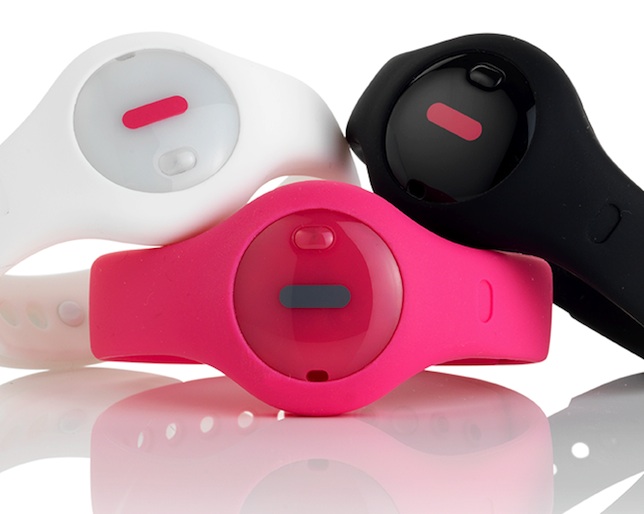 In recent years, the market for fitness trackers has expanded rapidly. An increasing number of people are now evaluating their overall health and looking to improve their fitness levels. While the choice of available trackers is ample and varied, it can be quite confusing deciding which one is best for you. As such, it is probably advisable to devise your personal fitness programme before perusing the market for a new fitness tracker. This way you can work out exactly what you need from your device and shop accordingly. For instance, if a large part of your fitness regime is outdoor-based, you may want to consider buying a tracker that is weatherproof.
In recent years, the market for fitness trackers has expanded rapidly. An increasing number of people are now evaluating their overall health and looking to improve their fitness levels. While the choice of available trackers is ample and varied, it can be quite confusing deciding which one is best for you. As such, it is probably advisable to devise your personal fitness programme before perusing the market for a new fitness tracker. This way you can work out exactly what you need from your device and shop accordingly. For instance, if a large part of your fitness regime is outdoor-based, you may want to consider buying a tracker that is weatherproof.
Monitoring Activity
A good exercise tracker should do as its name suggests and track your activity so that you can monitor your progress. Exactly how many different activities you wish to monitor is up to you and will depend on the number of goals you have set in your fitness programme. Even the most basic tracker will record the number of steps you have taken during exercise, so if this is the only target you have set yourself, there is no need to purchase a more advanced model.
If you want a much closer insight into your overall performance, including data such as distance travelled, calories burned and speed attained, look for an exercise tracker which will record this information. The number of sensors included on a tracker will give you an idea of how much activity can be recorded. For instance, pedometer sensors record steps, while a GPS will monitor the distance you have travelled on your walk or jog. Some top of the range exercise trackers have the capacity to measure your heart rate before, during and after fitness activity, giving you a truer picture of your progression and overall health status.
Retrieving Information
You have decided on how much information you want your tracker to record but have you thought about how are you going to retrieve that data? Trackers that can be linked to devices such as smartphones, tablets and laptops wirelessly are the most convenient options in today’s technologically-focused world. Although they are becoming less common, hard-wire trackers are still available and are usually cheaper.
Functionality
While most decisions on which fitness tracker to buy are based on the number of features a device has, time should be taken to look at the more basic functions. After all, even a top of the range device can be rendered inadequate by a poor battery life. The majority of trackers feature one of two charging options. The first are those that require regular charging, in much the same way that mobile phones do. Getting into a regular routine of charging your tracker frequently will ensure it doesn’t run out of power in the middle of your fitness activity. The other option is a tracker which is fitted with specialised batteries that last for a few months. Although these do not require regular charging, replacing the batteries once they are dead can prove to be fairly expensive.
With so many fitness trackers currently on the market, deciding which one is best for you can be a little mind-boggling. However, by setting your personal fitness goals in advance, you can ensure that decision is an easier one.